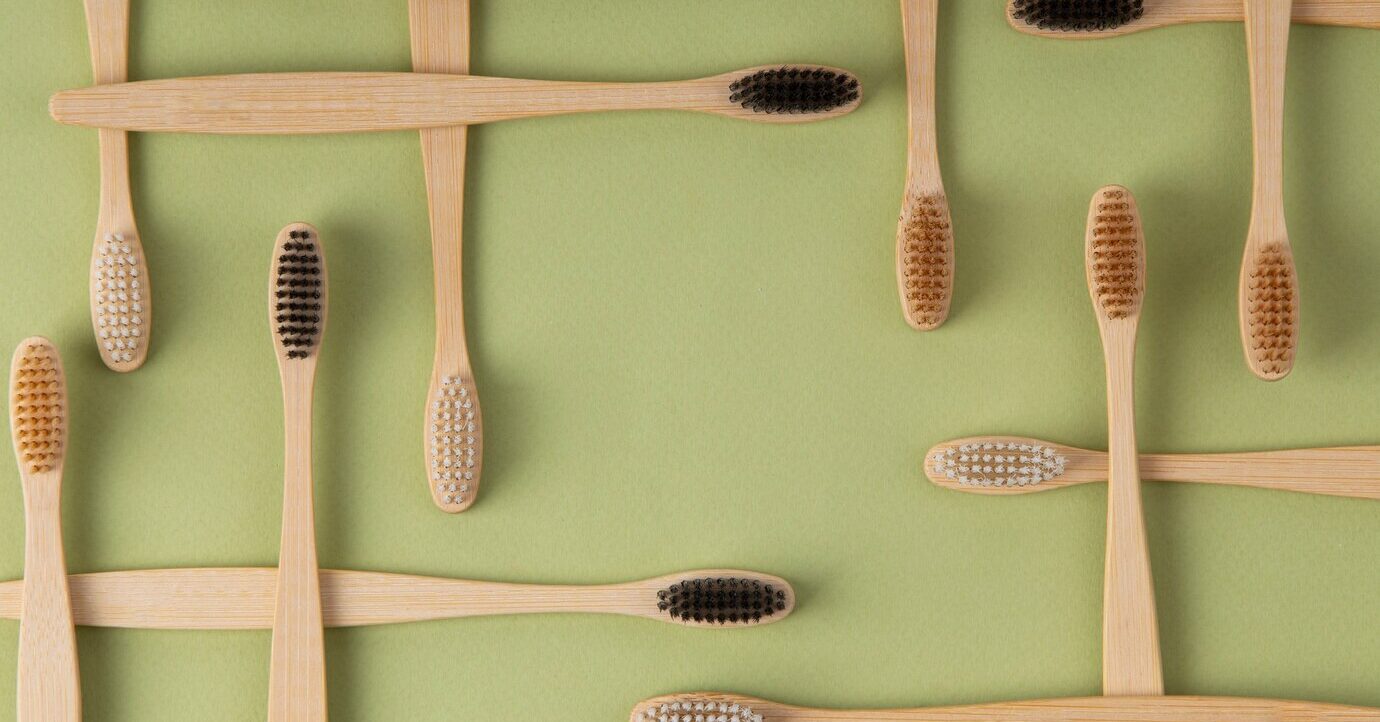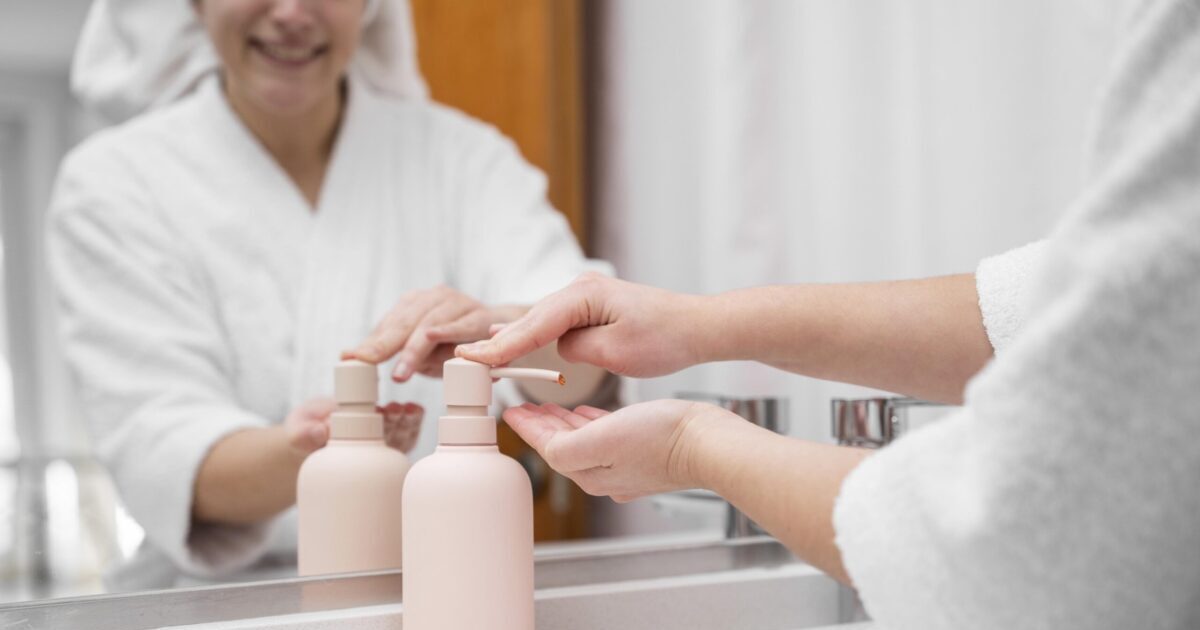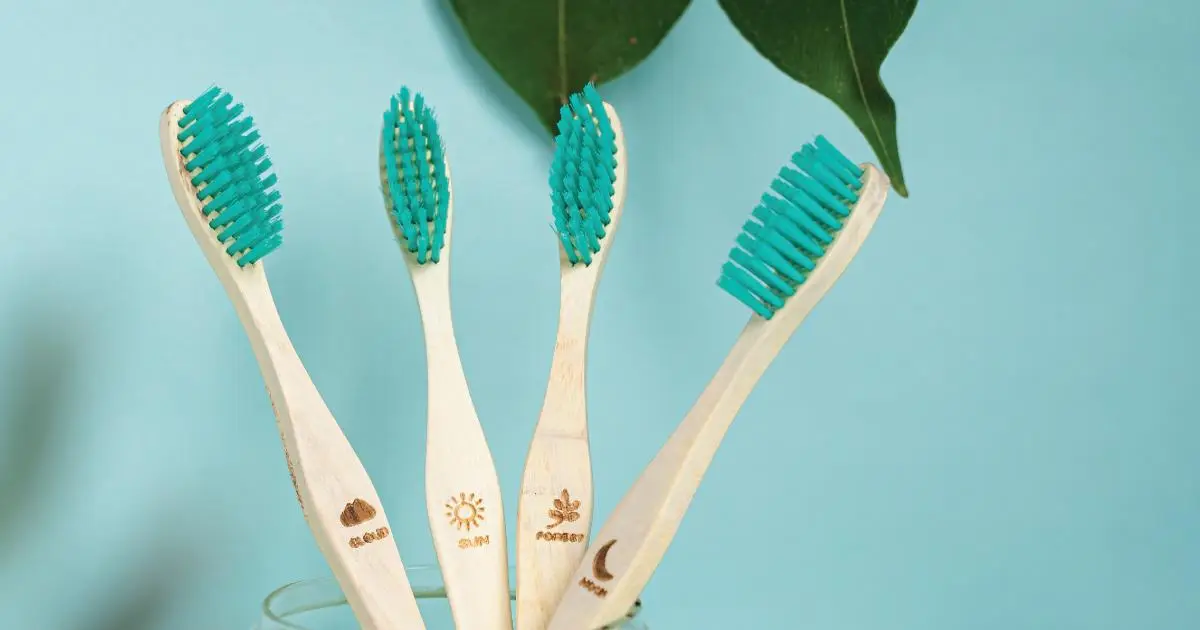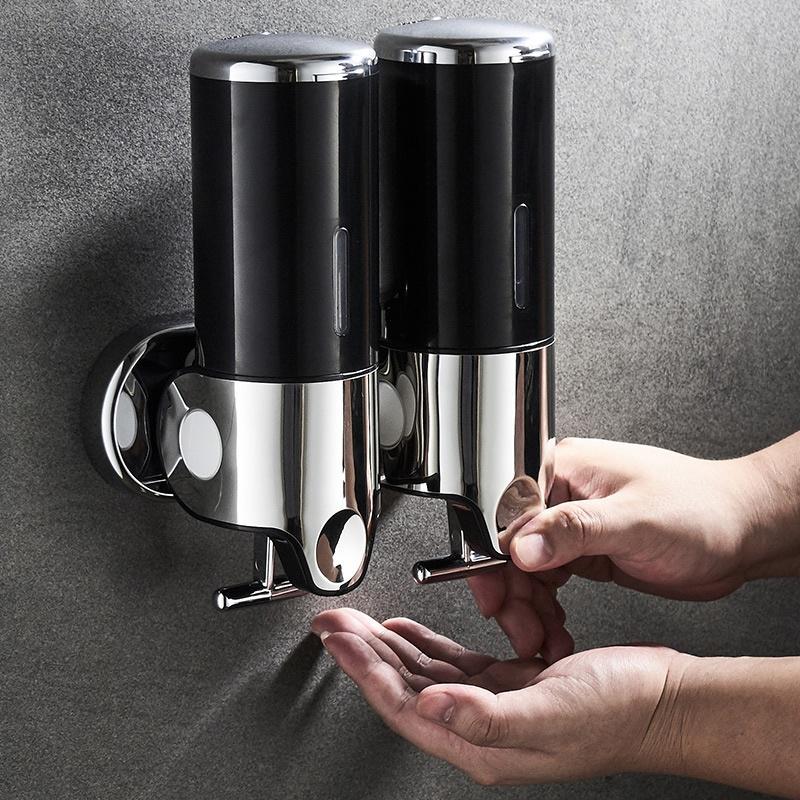In the hospitality industry, providing eco-friendly and aesthetically pleasing amenities is a growing trend. Bamboo products, in particular, have gained popularity due to their sustainable nature and elegant appearance. However, for resorts located in humid regions, the use of bamboo amenities can lead to unexpected challenges. This article explores the potential problems associated with bamboo products in high-moisture environments and offers practical solutions for maintaining a clean, safe, and comfortable atmosphere for your guests.
The Moisture Dilemma: Why Bamboo May Not Be Your Best Choice
Resorts in tropical or humid climates face a constant battle against moisture. While bamboo is a versatile and renewable material, it’s also highly susceptible to mold and mildew growth when exposed to excessive humidity. This vulnerability can lead to several issues:
- Rapid Deterioration: In high-moisture environments, bamboo products can deteriorate much faster than in drier climates. This accelerated breakdown not only affects the appearance of your amenities but can also lead to unpleasant odors and potential health hazards for your guests.
- Mold and Mildew Growth: Bamboo’s porous nature makes it an ideal breeding ground for mold and mildew, especially in humid conditions. These fungi can cause discoloration, musty smells, and even allergic reactions in sensitive individuals.
- Increased Replacement Costs: Due to the faster deterioration rate, resorts may find themselves replacing bamboo amenities more frequently, leading to higher operational costs and increased waste.
- Guest Dissatisfaction: Moldy or deteriorating amenities can significantly impact guest experience, potentially leading to negative reviews and decreased bookings.

The Limitations of Anti-Mold Treatments
Many manufacturers offer bamboo products treated with anti-mold agents, claiming to solve the moisture problem. However, these treatments are not always as effective as advertised, especially in consistently humid environments. Here’s why:
- Limited Duration: Anti-mold treatments often have a limited lifespan, which can be further shortened by constant exposure to moisture.
- Inconsistent Application: Not all products undergo the same level of treatment, leading to varying degrees of effectiveness across different items.
- Environmental Factors: The extreme conditions in some humid regions can overwhelm even the most robust anti-mold treatments.
- Chemical Concerns: Some guests may be sensitive to the chemicals used in anti-mold treatments, potentially causing skin irritations or allergic reactions.

Beyond Bamboo: The Wider Impact of Humidity on Resort Supplies
It’s important to note that the challenges of high-moisture environments extend beyond bamboo products. Many common resort supplies can be affected, including:
- Paper Products: Toilet paper, tissues, and stationery can absorb moisture, leading to degradation and potential mold growth.
- Textiles: Bed linens, towels, and upholstery may develop musty odors if not properly dried and stored.
- Wooden Furniture: Like bamboo, wooden furniture can warp, crack, or develop mold in humid conditions.
- Electronics: High humidity can cause corrosion and malfunction in electronic devices provided for guest use.
Best Practices for Managing Resort Supplies in Humid Climates
To maintain a high standard of cleanliness and guest satisfaction in humid environments, consider implementing these strategies:
- Limit Supply Quantities: Instead of stocking up on large quantities of supplies, opt for more frequent, smaller orders. This approach helps ensure that products are used before they have a chance to deteriorate or develop mold.
- Choose Moisture-Resistant Alternatives: Look for amenities specifically designed for high-humidity environments. Materials like treated plastics, stainless steel, or specially coated natural materials may be more suitable.
- Implement Proper Storage Practices: Store supplies in cool, dry areas with good ventilation. Use dehumidifiers in storage rooms to maintain optimal humidity levels.
- Regular Inspections: Conduct frequent checks of all amenities and supplies to catch any signs of mold or deterioration early.
- Enhance Ventilation: Improve air circulation in guest rooms and common areas to reduce moisture buildup. Consider installing exhaust fans in bathrooms and other high-humidity zones.
- Educate Staff: Train your housekeeping and maintenance teams on identifying and addressing moisture-related issues promptly.
- Use Moisture-Absorbing Products: Place silica gel packets or other moisture-absorbing products in drawers and closets to help keep amenities dry.
- Rotate Stock: Implement a first-in, first-out inventory system to ensure that older supplies are used before newer ones.
Sustainable Alternatives to Bamboo
For resorts committed to eco-friendly practices, there are several sustainable alternatives to bamboo that perform better in humid environments:
- Recycled Plastics: Many companies now offer amenities made from recycled ocean plastics, combining sustainability with moisture resistance.
- Cork: Naturally antimicrobial and moisture-resistant, cork can be an excellent choice for some amenities.
- Treated Wood: Certain hardwoods, when properly treated, can withstand humid conditions better than bamboo.
- Biodegradable Plastics: Made from plant-based materials, these can offer the benefits of plastic without the long-term environmental impact.
Conclusion: Balancing Sustainability and Practicality
While the desire to offer eco-friendly amenities is commendable, it’s crucial for resorts in humid climates to prioritize the longevity and safety of their supplies. By understanding the unique challenges posed by high-moisture environments and implementing targeted strategies, you can maintain a clean, comfortable, and sustainable atmosphere for your guests.
Remember, the key to success lies in choosing the right products for your specific environment, managing your inventory effectively, and maintaining vigilant care of your amenities and supplies. With these practices in place, you can create a truly exceptional experience for your guests while minimizing waste and operational costs.
By adapting your approach to the realities of your climate, you’re not just avoiding potential issues – you’re demonstrating a commitment to quality, sustainability, and guest satisfaction that will set your resort apart in a competitive industry.
Here is a research article: Retention of Candida Species on Plastic and Bamboo Toothbrushes. A Comparative Study





